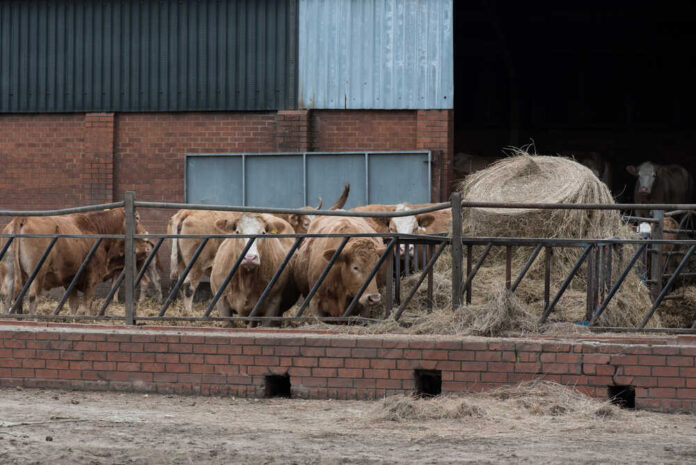The Fisher family’s Golden Valley Farms, renowned in Virginia for supplying wholesome food, recently faced a raid by the Virginia Department of Agriculture & Consumer Services (VDACS).
Samuel B. Fisher, the heart behind the farm, saw the state seize his livestock and meat-processing unit, leading to financial strain and growing mistrust in a community celebrated for its self-sufficiency and commitment to sustainable farming.
Over time, Golden Valley Farms has amassed nearly 500 dedicated consumers via its membership system. Everything took a turn for the worse on June 14, when, without prior intimation, a VDACS inspector arrived at Fisher’s expansive 100-acre property. Fisher was left baffled, questioning the reason for this unexpected inspection.
Speaking to Townhall, Fisher revealed, “They had a search warrant with them.” Subsequently, he was in legal turmoil due to his choice to process his meat locally rather than in a USDA-approved facility.
A more comprehensive search was undertaken on his farm by officials and a sheriff’s deputy. The meat he had painstakingly produced was suddenly marked as “administrative detention,” rendering him powerless to sell or use it.
Fisher calculates the losses incurred to be roughly $10,000 due to the confiscated products. In July, Virginia’s legal system further ensnared Fisher, culminating in seizing his meat products through a court order that decimated his earnings. By August 3, he faced a guilty verdict on charges of illegal possession, sale, and transportation of animals, a Class 3 misdemeanor, accompanied by a fine.
This event has triggered strong reactions, particularly from supporters of local farms and those advocating for food sovereignty. Fisher’s survey showed that an overwhelming 92 percent of his customers preferred on-farm meat processing, bypassing the USDA inspection. His circumstances eerily echo those of Amos Miller in Pennsylvania, another Amish farmer under scrutiny for analogous reasons.
Mindy Hartbecke, Golden Valley Farms’ office manager, highlighted a somewhat ironic perspective, “It’s known that Amish communities have a distinct way of life, often opting out of conventional norms. They traditionally avoid public education, the military draft, and even the Social Security system. So, isn’t it conceivable that Amish farms might not follow conventional meat inspection protocols?”
Fisher’s supporters passionately argue that consumers must have the autonomy to choose the origin of their meat. They emphasize that traditional farming isn’t merely a livelihood but a stand against the mass-produced food industry, notorious for potential health risks.
As Fisher contemplates his forthcoming actions, which might involve legal recourse, one thing stands pronounced. This episode has sparked a far-reaching conversation on the boundaries of government intervention, the entitlements of local farmers, and the freedoms consumers should have in deciding their dietary choices.














